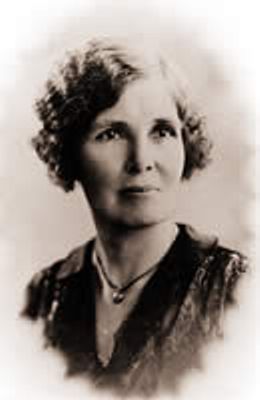Dorothea Bleek facts for kids
Quick facts for kids
Dorothy F. Bleek
|
|
|---|---|
 |
|
| Born |
Dorothea Frances Bleek
26 March 1873 Mowbray, Cape Town
|
| Died | 27 July 1948 (aged 75) |
| Nationality | South African |
| Citizenship |
|
| Occupation | Anthropologist and philologist |
| Parent(s) | Wilhelm Bleek |
Dorothea Frances Bleek (born March 26, 1873, in Mowbray, Cape Town) was a South African-born German scientist. She was an anthropologist and philologist. This means she studied human cultures and languages. Dorothea is famous for her research on the San people, also known as the Bushmen, in southern Africa. She passed away on June 27, 1948, in Newlands, Cape Town.
Contents
About Dorothea Bleek
Her Family and Early Life
Dorothea Bleek was the fifth daughter of Wilhelm Bleek. Her father was a very important language expert in the late 1800s. He studied the languages and cultures of southern Africa. Much of his work was done with his sister-in-law, Lucy Lloyd, who was Dorothea's aunt.
Continuing Important Research
Dorothea Bleek largely continued the research started by her father and aunt. But she also made many important discoveries and contributions of her own. Her most important book was A Bushman Dictionary, which was published after she died. People still use this book today.
A writer named Laurens van der Post called her book Mantis and His Hunter a "Stone Age Bible." He said this because it was so important for understanding the San people. He also mentioned a book by her father and aunt called Specimens of Bushman Folklore. These books helped bring the San people to the attention of people around the world.
Her Contributions to Science
Sometimes, Dorothea's work is not as well-known as her father's. Some people thought she did not have the same understanding as her father and aunt. However, her research was still very valuable.
Dorothea Bleek's studies on the language, customs, and especially the rock art of southern Africa were very important. This includes areas in present-day South Africa, Tanzania, Botswana, and Namibia. Her photographs and sound recordings were especially helpful for scientists who came after her.
See also
- In Spanish: Dorothea Bleek para niños
 | Calvin Brent |
 | Walter T. Bailey |
 | Martha Cassell Thompson |
 | Alberta Jeannette Cassell |

